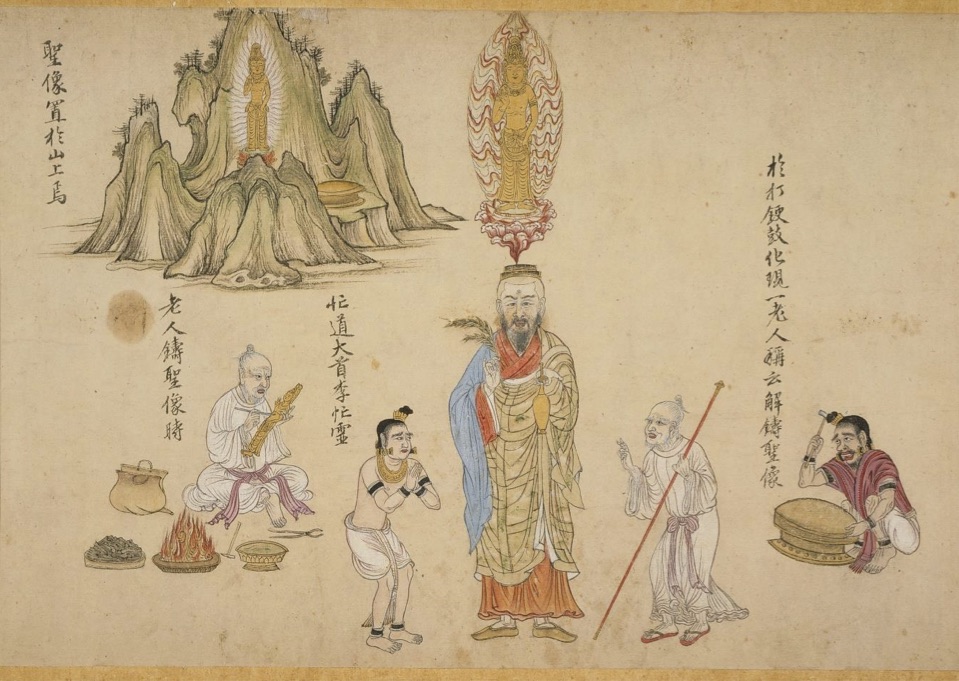China Research Seminar Series talk given by Prof. Franciscus Verellen, École française d’Extrême-Orient
In-person seminar - audience members please wear masks
Following the decline of the Tibetan empire in Central Asia in the 850s, the southwestern kingdom of Nanzhao 南詔, wedged between China and Tibet and allied by kinship with cross-border minorities, emerged as the main external threat to the Tang. The governor general of the Protectorate of Annan (North Vietnam), Gao Pian 高駢 (821-87), later military governor of Western Sichuan, successively led the counteroffensives to expel the invading Nanzhao tribes from these two regions. His success rested on a combination of military prowess, stick-and-carrot diplomacy, and sensitivity to ethno-religious issues. Gao’s trajectory presents a case history of the rise of regional autonomy in the wake of the An Lushan rebellion. In Vietnam, he is venerated to this day for having paved the nation’s path to independence.
Illustrated History of Nanzhao 南詔圖傳 (899). Detail: Apotheosis of Avalokiteśvara. 12th/13th cent. copy, reproduced with permission of the Yūrinkan 有鄰館, Kyoto.
Franciscus Verellen is Professor Emeritus in the History of Daoism and a former Director of the École française d’Extrême-Orient. After graduate studies at Oxford and the École Pratique des Hautes Études (Sorbonne), Verellen taught at Columbia University (1987-91) and pursued a career at the École française d’Extrême-Orient in Paris and East Asia from 1991 to 2021. He held visiting appointments at Princeton, Berkeley, and Hong Kong, as well as numerous international fellowships including Edwin C. and Elizabeth A. Whitehead Fellow in the School of History, Institute for Advanced Study, Princeton. Verellen was elected to the Académie des Inscriptions et Belles-Lettres, Institut de France, in 2008. Franciscus Verellen’s research interests are in the history and religious culture of medieval China, with a focus on China’s transition to modernity during the ninth to eleventh centuries. His publications include Conjurer la destinée (Les Belles Lettres, 2021), Imperiled Destinies (Harvard, 2019), The Taoist Canon, edited with Kristofer Schipper (Chicago, 2004), and Du Guangting (Collège de France, 1989). A forthcoming book traces the breakup of the Tang empire (618-907) through the military trajectory of Gao Pian (821-87), one of the most intriguing personalities to shape the turbulent events of ninth-century China. His current work explores the religious and intellectual implications of the fall of the Tang through the testimony of the Daoist hierarch, court divine, and author Du Guangting (850-933).
| Contact |
|---|
| Professor Adam Yuet Chau: ayc25@cam.ac.uk |

